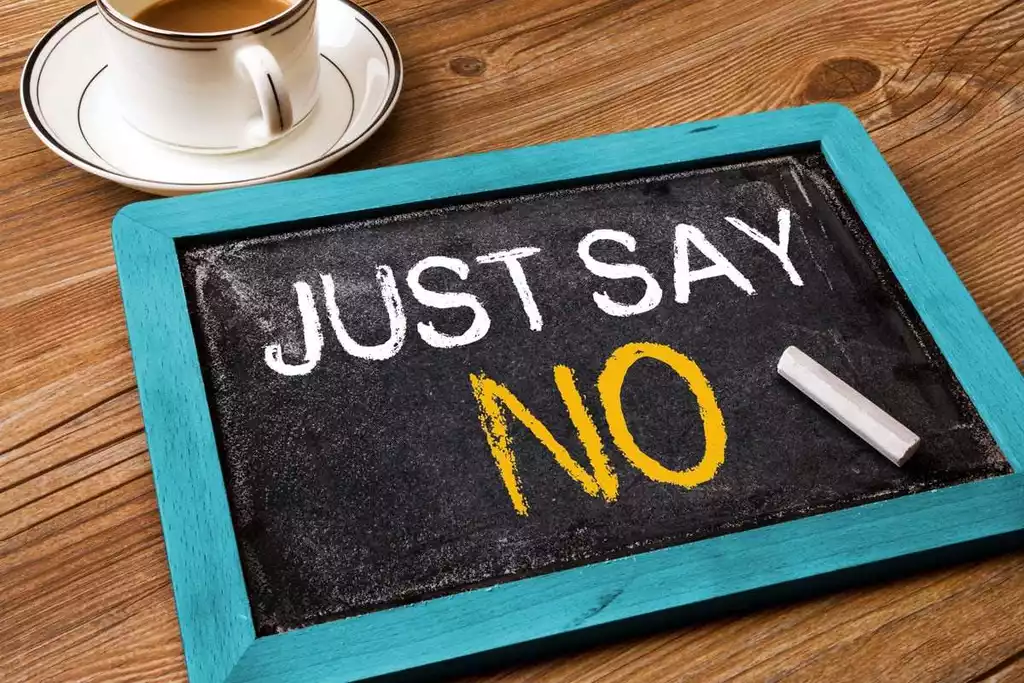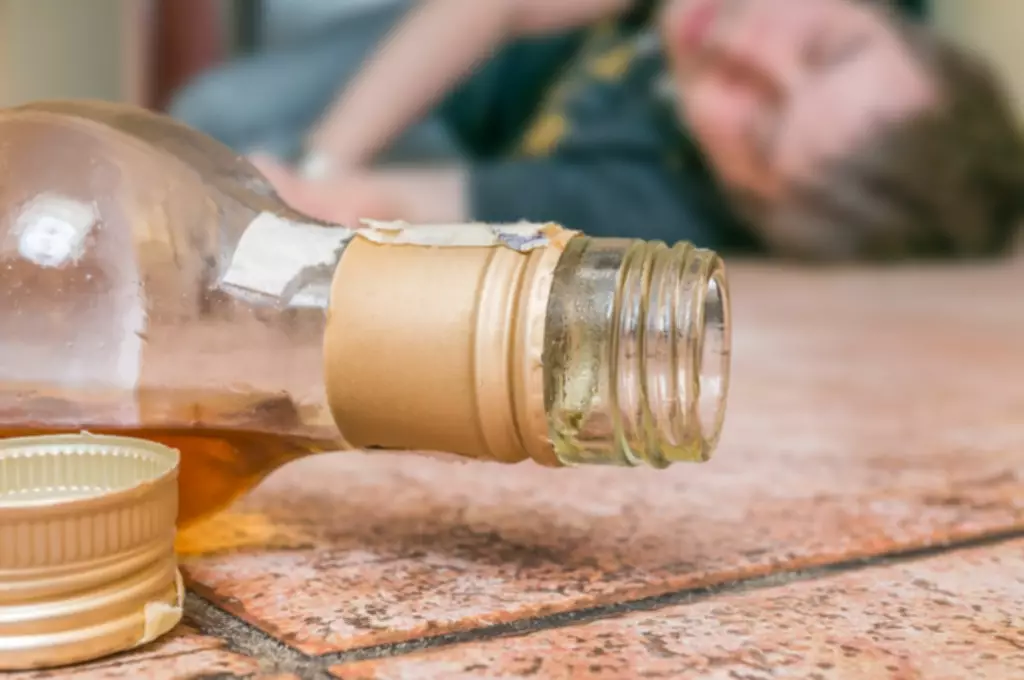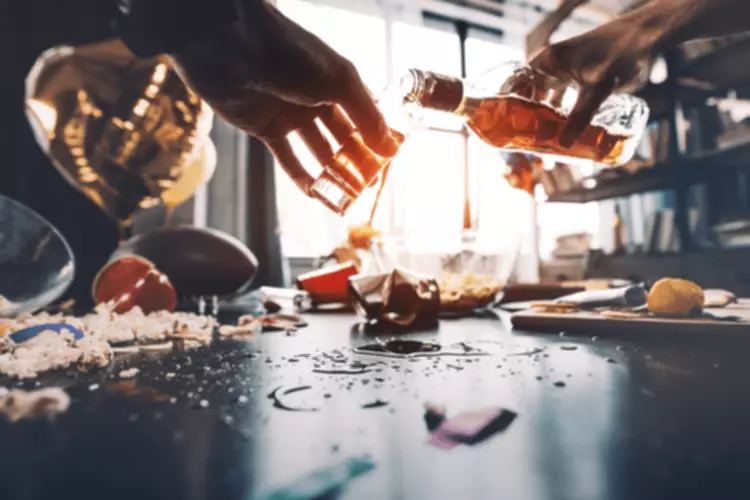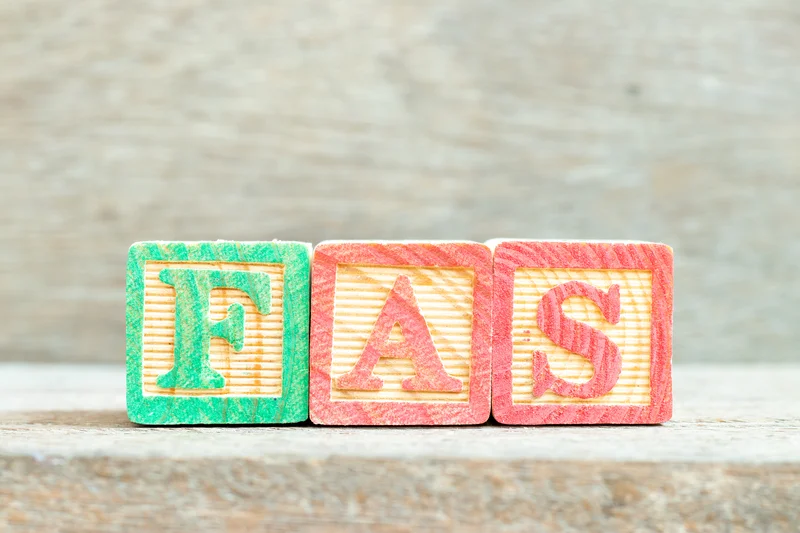
Anxiety caused by alcohol might continue for several hours or even a whole day following consumption. At Endless Mountain Behavioral Healthcare, we understand the complex relationship between alcohol and mental health. According to the National Institute on Alcohol Abuse and Alcoholism (NIAAA), about 20% of individuals with anxiety disorders also have an alcohol use disorder.

How to prevent alcohol causing or worsening anxiety

Avoidance behavior is reported in 30-50% of individuals with alcohol-induced anxiety disorder. This involves avoiding situations or environments that may trigger anxiety, such as social gatherings or places where alcohol is present. Avoidance behavior can significantly impact a person’s quality of life, leading to social isolation and worsening anxiety. It is more common in individuals who have developed a dependence on alcohol to cope with anxiety. Sweating, particularly night sweats, affects 50-70% of individuals with alcohol-induced anxiety disorder.
PHIL Collective: Tools, Training and Resources for Collaborative, Cross-Sector Efforts to Improve Health and Equity
Get compassionate care and personalized treatment at Endless Mountain Behavioral Healthcare in Bradford County, PA. Patients typically experience symptom relief within 4 to 6 weeks, with continued improvement over time. The fact that all these physiological changes can cause symptoms so similar to those of a panic attack can trick your brain into having a real one. A 2016 study of 16,000 UK men and women over 40 found that men suffering from severe anxiety were more than twice as likely to die from cancer as those who didn’t. Research subjects were tracked for 15 years, and their anxiety levels correlated with the likelihood of them developing cancer.
Paxil vs Zoloft: Comparing medications
Panic attacks can occur as part of panic disorder or other anxiety disorders. Some people may experience isolated panic attacks without developing a full-blown disorder. Since alcohol can have lasting effects on our brain chemical balance, we might experience a panic attack even days after drinking or longer. When panic attacks occur regularly, they are generally classified as panic disorder.

However, because benzodiazepines have more severe side effects, including a risk of dependence, SSRIs are often recommended first for generalized Sober living home anxiety disorder. Alcohol may seem to make it easier to fall asleep, but it disrupts sleeping patterns. Proper rest ensures the brain is restored and able to function to the best of its ability.
What is the Role of a Psychiatrist in Addiction Treatment?
The severity of withdrawal symptoms depend upon the dose you are taking, how long you’ve been taking the drug, other sedating drugs you are taking, and other factors. Drinking alcohol or using certain illegal drugs alongside lorazepam can also increase these risks. However, “the first-line treatment for anxiety is typically antidepressants like SSRIs antidepressants, plus psychotherapy,” Merrill told Healthline. The drug works by slowing the activity in the brain, which promotes relaxation in the body and a reduction in anxious thoughts. All professional medical services are provided by licensed physicians and clinicians affiliated with independently owned and operated professional practices.
How Long Does It Take for Anxiety to Go Away After Quitting Drinking?

Alcohol delays and suppresses or limits rapid eye movement (REM) sleep and may cause you to wake up, resulting in poor-quality, lighter sleep and less time in restorative deep sleep. The information in this article is for informational and educational purposes only and should never be substituted for medical advice, diagnoses, or treatment. If you or someone you know may be in danger, call 911 or the National Suicide and Crisis Lifeline at 988 right away. With Talkiatry, you can see a psychiatrist from the comfort of your home and you can schedule your first appointment in a matter of days. To get started and learn about your treatment options, take our free online assessment, to see if Talkiatry is right for you and get matched with a psychiatrist.
Mental health is personal.So is our approach to psychiatry.
If your treatment plan includes medication, your psychiatrist will prescribe and manage it. If needed, your psychiatrist can also refer you to a Talkiatry therapist. Track how much you’re drinking to help spot patterns so you can avoid triggers – the MyDrinkaware app can help. Anxiety disorder symptoms can disrupt a person’s life, making it difficult to work, participate in social events, and maintain relationships.
Seek Professional Help
- Dr. Austin Lin is a double board-certified adult and addiction psychiatrist who has been in practice for over 9 years.
- He then had additional training in Addiction Psychiatry through his fellowship at the University of Texas Southwestern Medical Center.
- Limiting alcohol intake or quitting drinking altogether can significantly reduce anxiety levels.
- In Season 3 of the HBO series “The White Lotus,” some characters appear to pop lorazepam like candy.
- Early diagnosis and treatment are critical in preventing the condition from worsening.
In the brain, alcohol affects different regions, such as the hippocampus. Alcohol can make it difficult to recall previous memories or transition new memories to storage. This can lead to a rise in anxiety, which can set off a panic attack. The worse your hangover (and any hangxiety) will be, the more you drink. Before you start drinking, try pacing yourself and setting a limit for the evening. Instead of going out with people who will drink to excess, go out with friends who want to restrict their drinking.
- Psychiatrists are doctors who have specialized training in diagnosing and treating complex mental health conditions through medication management.
- Enzymes, mainly in the liver, metabolize (break down) alcohol, releasing a poisonous byproduct called acetaldehyde.
- Numerous research studies have found social support to play a role in reducing anxiety symptoms and boosting overall mental wellness.
- Studies show high rates of anxiety in alcohol-dependent individuals.
This is because levels of neurotransmitters (chemical messengers in the brain) get thrown off, which can lead to heightened anxiety. Alcohol is a central nervous system depressant that slows down brain activity. Dehydration from alcohol is one of the biggest contributors does alcohol cause anxiety to a hangover.
